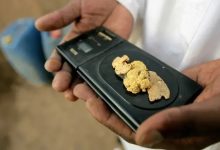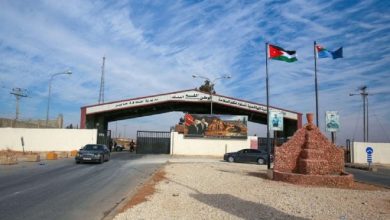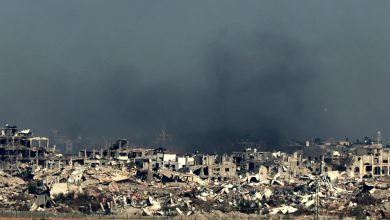Yemeni Research Center Exposes Corruption and UAE’s Role in Plundering Oil Wealth
Revelations highlight exploitation of Yemen's oil and gas resources in Shabwa and the UAE’s influence on vital energy assets amid ongoing conflict.

Watan-A Yemeni research center has revealed corruption scandals and looting related to the sale of oil fields in Shabwa province, highlighting the United Arab Emirates’ conspiracies targeting Yemen’s wealth.
The “Here Aden Strategic Studies Center” reported that eastern Yemen has become a hotspot for conflicts and military confrontations, particularly in the oil-rich geographical triangle of Shabwa, Marib, and Hadramout, signaling the underlying economic motivations driving these disputes.
According to the center, there has been an intensified focus on the oil and gas sector since early 2025. Efforts include reshaping the dynamics of these resource-rich areas, revisiting contracts with oil and gas companies, and planning to restart fields, increase production, and fully reactivate previously partially operating fields.
At the same time, Yemen is grappling with a severe financial and economic crisis that has worsened living conditions for its population. This is due to the halt in crude oil exports, previously amounting to 80,000 barrels per day worth $6 million daily, as well as corruption in refineries and the importation of petroleum derivatives. Wealthy elites have monopolized and sold shares at exorbitant prices, further burdening the already struggling citizens enduring the hardships of war and blockade.
Economic reports indicate Yemen has lost approximately $13 billion in oil and gas revenues since the war began in early 2015. The conflict forced ten international companies to leave the sector, along with dozens of local businesses. Oil and gas, the primary source of revenue for Yemen’s national budget, ceased being exported, leading to a depletion of foreign currency reserves and plunging the country into one of the world’s worst economic, humanitarian, and food crises, as classified by the United Nations.
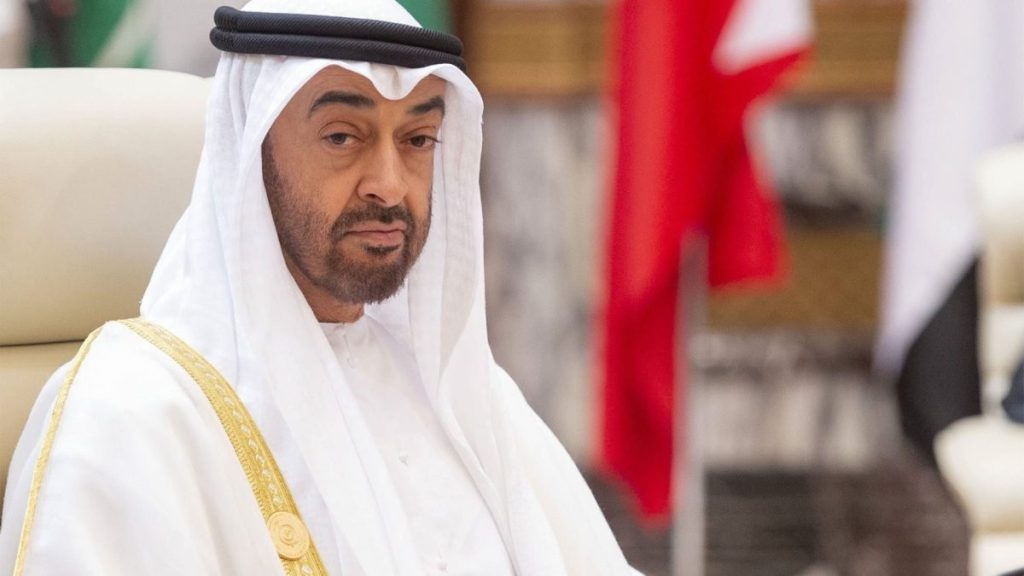
Shabwa province, in southern Yemen, is one of the richest areas in the country in oil and gas resources, alongside neighboring Hadramout. Shabwa is home to many vital oil fields, ports, and strategic facilities. However, like other southern Yemeni oil sectors, the province has suffered from exploitation, with power concentrated in networks established during decades of Yemeni unity. The absence of state control has allowed corruption networks led by influential tribal leaders, loyal to the former regime, to flourish alongside southern collaborators operating under mostly fictitious names and companies.
These networks have partnered with international oil companies, which found Shabwa an ideal environment for low-cost exploration, due to a lack of oversight over their operations and practices to ensure optimal use of the region’s wealth.
Shabwa also boasts over 16 exploratory oil blocks, with high potential for discovering new oil and gas fields in promising areas. The province’s oil exports in previous periods exceeded 600,000 barrels per month (equivalent to 13 shipments), under the supervision of the Ministry of Oil affiliated with the legitimate government. The revenues, amounting to $48 million monthly, were deposited into a current account at the National Commercial Bank in Riyadh, Saudi Arabia, rather than the Central Bank of Yemen in Aden.
Despite the population’s suffering due to dwindling oil and economic resources, the legitimate government has neglected these resources, granting exploration rights to weak and fictitious companies. Records show that most of these companies are wholly or partially linked to the UAE, as part of Abu Dhabi’s schemes to plunder and exploit Yemen’s wealth.
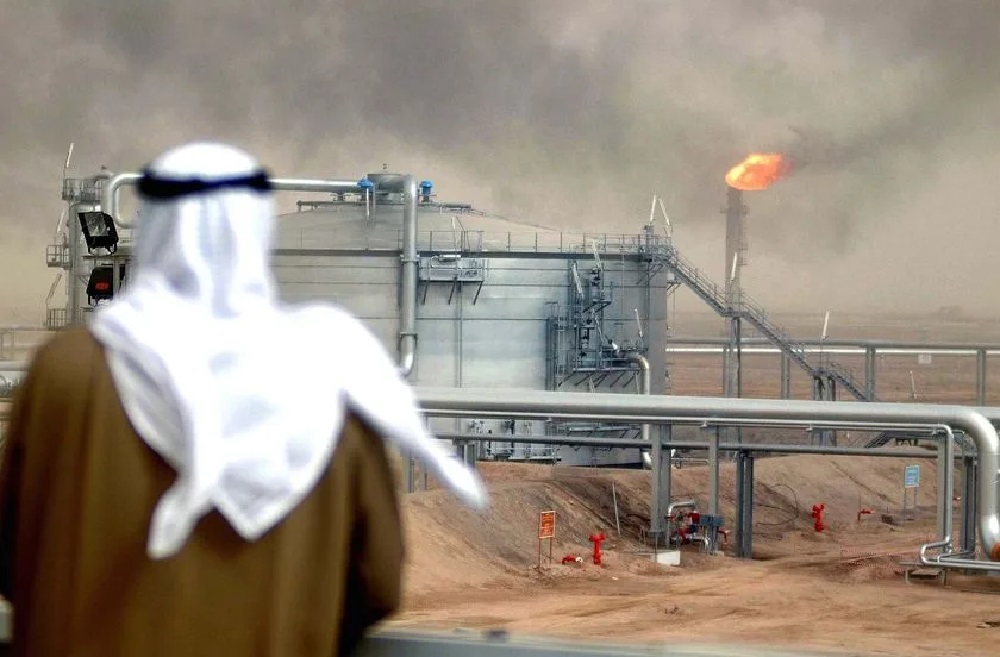
The center warned of the growing risks posed by intensified activity in the oil and gas sector since early 2025, aiming to impose a new reality in resource-rich areas and to renegotiate oil and gas investment contracts. According to the center, these efforts aim to control oil fields in Shabwa and Hadramout, seize Al-Dhaba port to grant it to UAE-linked companies, take over the Belhaf port in Shabwa, and restart the liquefied natural gas project and supply and export pipelines between Marib and Shabwa under pressure from the Arab Coalition.


